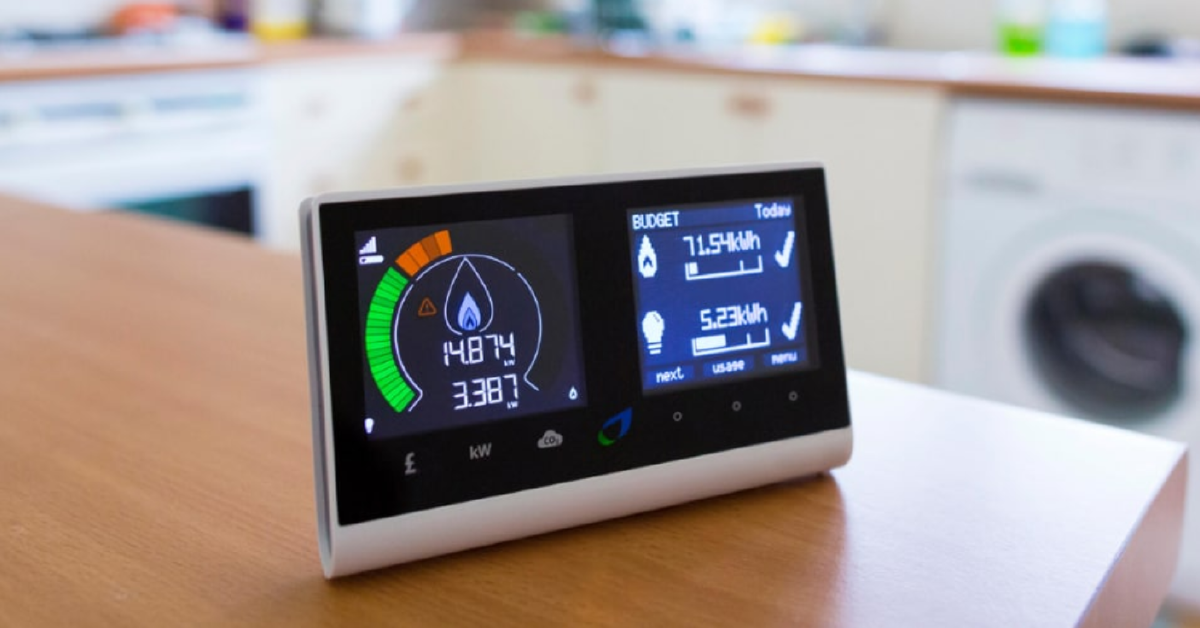You read a lot in the newspapers about ‘generation rent’. This refers to all those people who weren’t lucky enough to buy a house during the 1970s, when you could pick up a detached property with a spacious garden for the kind of money you now spend on a medium sized family car (the kind of house that is now worth about three quarters of a million pounds).
Generation rent is everyone who’s trying to buy somewhere to live now and discovering that a small cupboard in central London will set them back an amount equal to the national debt of several European countries (yes, we’re exaggerating a bit… but only a bit).
The good news is that most members of generation rent are in the same position as home owners when it comes to getting the best deal for their energy supplies. They can switch electricity, they can switch gas and, if they’re looking for a dual fuel deal, they can switch gas and electricity together. If you’re one of the 4.7 million households living in private rented accommodation then there’s every chance you can take steps if you think your energy bill is too high.
Your current supplier
The first thing to think about is setting up gas and electricity in a rented house. When you move into your house the chances are that you’ll simply carry on receiving gas and electricity from the same suppliers as the previous tenant. If you want to make sure that you’re on the kind of tariff you’re happy with, then you’ll have to get in touch with your suppliers to find out – read our guide if you don’t know who your current energy supplier is.
In some cases, the landlord will be responsible for picking energy suppliers and dealing with bills (although you’ll be the one who has to hand over the cash to pay them). Often, it’ll be the responsibility of the tenant, and if the previous tenant hasn’t let you know who the suppliers are, then you’ll have to find out.
You can also read our guide to help find out your MPAN or MPRN. These are the numbers which uniquely refer to the energy supply to your home, one for each meter, and they are different to your unique customer reference number.
Once you know who your supplier is, you can ask them to tell you which tariff you’re on. Even if the tenant before you was on a more affordable fixed price tariff, this will leave with them, and the supplier will quietly switch supplies back to the default tariff (more money for the exact same product… we have to repeat it every now and again to convince ourselves it’s true). Once you find out you’re on the default tariff, you need to think about switching.

Join over 500,000 members. Stop overpaying for your gas and electricity
Can you change energy supplier if you rent?
If you pay the supplier directly for your energy supplies then, according to the energy police of Ofgem, you have every right to change supplier. Even if it says on your tenancy agreement that you have to stick with a specific supplier, you can still change as long as it’s you that hands the money over to the supplier (or tops up the meter, or pays the direct debit… you get the idea).
If your landlord objects, point out that it’ll make absolutely no difference to them whatsoever, that switching is a quick and simple process and that the only change may be an average of £350 more in your pocket. If your landlord is still hesitant, point out that the rules say they can’t ‘unreasonably’ stop you from switching.
If your landlord pays the energy bills out of the rent you pay to them, then you don’t have an automatic right to switch suppliers. You can try persuading them, mainly by pointing out that they’ll be paying less (and who wouldn’t want that?), but as they’re the account holders, they have the final say. Even if they want to stick with the same supplier, you could always politely (through gritted teeth no doubt) suggest that they ask to be put on that supplier’s best value tariff.
Can my landlord change my energy supplier?
Once again it all comes down to the question of who the account holder is. If you’re the account holder, then you’re the only one who can make a change, but if the landlord is, then they can switch suppliers.
Can my landlord stop me having a smart meter?
Smart meters offer the chance to monitor your energy usage much more closely and hopefully bring it under tighter control. If you’re the energy account holder then, according to Ofgem, you have the right to ask for a smart meter to be fitted. It’s probably wise to let your landlord know about the change, as fitting a new meter will count as physically altering the property, so the same applies if you want to switch from a prepayment meter to standard metering. Even if they’re fine with a smart meter being there, they might not be fine with you doing things without asking first, so it’s better to err on the side of caution – unlike energy providers who may be taking liberties with your bills, your landlord isn’t someone you want to upset.
No matter which kind of meter you have, you should learn how to read your energy meter accurately in order to make sure that you’re only being billed for energy that you’ve actually used.
Whether you’re renting a one bedroom flat or you’ve just bought an eight-bedroom mansion, you should make sure you’re paying as little as possible for your energy.
How do you do that? By joining forces with Look After My Bills – we’ll find the best value tariff for you and switch you automatically, so you don’t have to do a thing.


